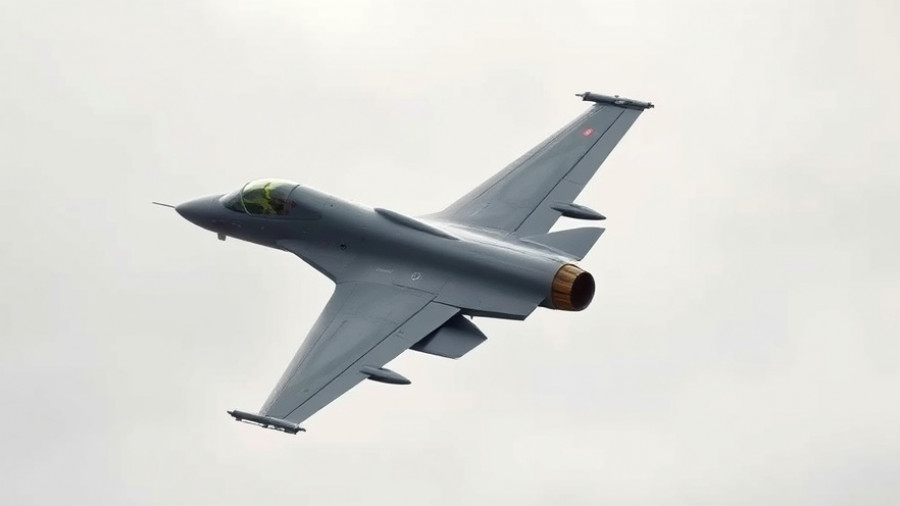
The Rising Casualty Count in U.S. Military Operations
The recent series of military strikes in Caribbean waters by the U.S. has resulted in a tragic toll of at least 30 lives. This controversial operation, purportedly targeting narcotraffickers tied to Venezuela, has drawn sharp criticism, especially from Senator Rand Paul, who voices concerns over the administration's lack of transparency and legal justification.
Since early September, the Trump administration justified these actions under claims of an ‘armed conflict’ with drug cartels, yet critics argue that such assertions are not only legally dubious but dangerously escalate military presence in the region.
Senator Rand Paul’s Defiant Stance
In an unprecedented move, Rand Paul has emerged as a vocal critic within Republican ranks. He argues that the operations are not just inefficient, but they violate fundamental American principles regarding the rule of law. "When the U.S. kills someone, you really need to know someone’s name," he stated on NBC's Meet the Press.
Paul emphasizes the need for clear evidence before resorting to lethal force, stressing the potential ramifications of blurring the lines between war and peace. His sentiments echo those of human rights advocates who question the administration’s decision to engage in what they deem extrajudicial killings.
Regional Backlash from CARICOM
The Caribbean Community (CARICOM) has faced significant challenges in maintaining regional unity due to these strikes. While most member states reaffirmed their commitment to peace and dialogue, Trinidad and Tobago opted to reserve its position, highlighting the potential fracture of diplomatic ties. This growing divide illustrates how U.S. military actions ripple through international relations, stirring unease among neighboring nations.
What Lies Ahead: Future Diplomatic Challenges
The aftermath of these military operations raises critical questions about future U.S. involvement in the region. Calls from Senators Paul, Tim Kaine, and Adam Schiff for a Congressional vote on military engagement underscore the need for checks on executive power. The specter of unauthorized military actions looms large, threatening to fling the U.S. headlong into a seemingly unmanaged conflict.
Given the current climate, one must ask: Are these military strikes complicating America's international relationships more than they are protecting its borders? The ramifications could extend far beyond the Caribbean, affecting how the U.S. engages with potential allies and adversaries alike.
Understanding the Broader Implications
The situation in the Caribbean is emblematic of larger issues around U.S. foreign policy — especially concerning its military presence and actions abroad. While the administration attempts to position its measures as necessary responses to narcotrafficking, the legal and ethical implications of such actions can easily become contentious.
Congress must act decisively to stipulate clear guidelines for military engagement, prioritizing accountability and adherence to the rule of law. As Senator Paul consistently reminds us, America’s tradition of justice demands that we distinguish between those who are guilty and those who are innocent.
Heightened scrutiny is essential; military actions must not be taken lightly, and the unnecessary loss of life demands a thoughtful reevaluation of how the U.S. confronts international threats.
 Add Row
Add Row  Add
Add 




Write A Comment